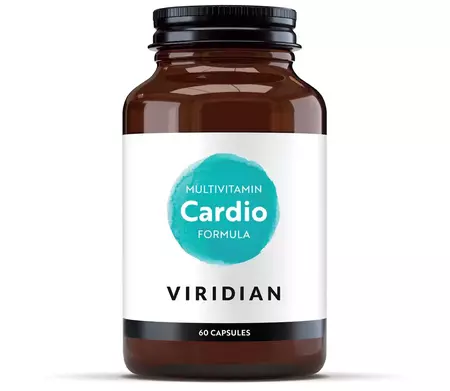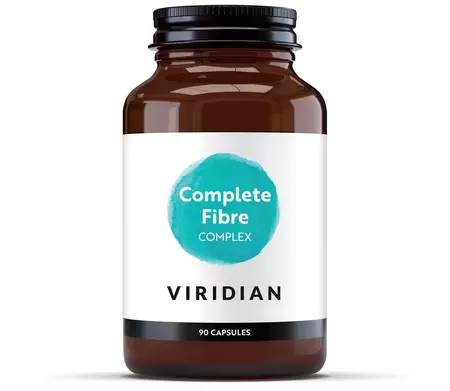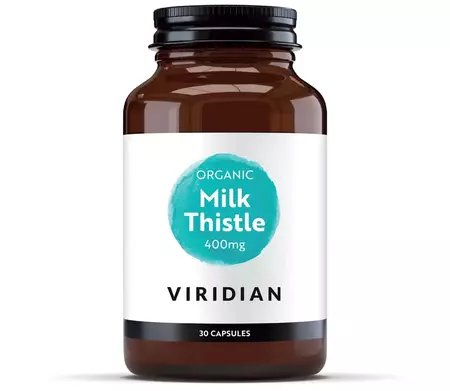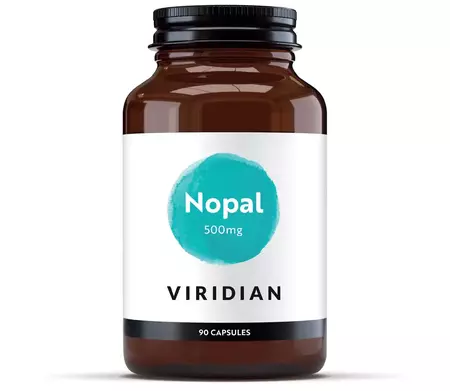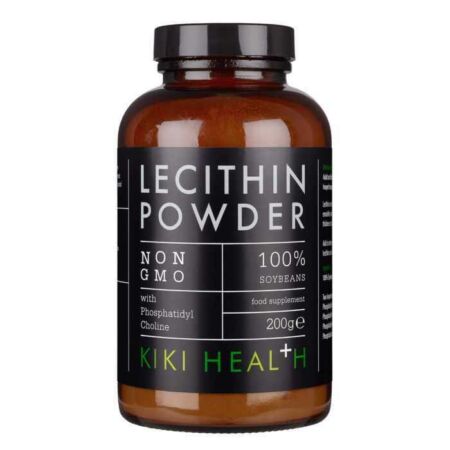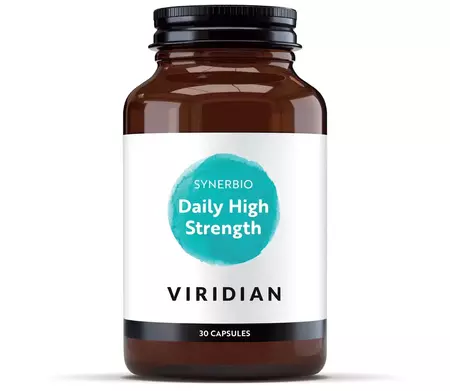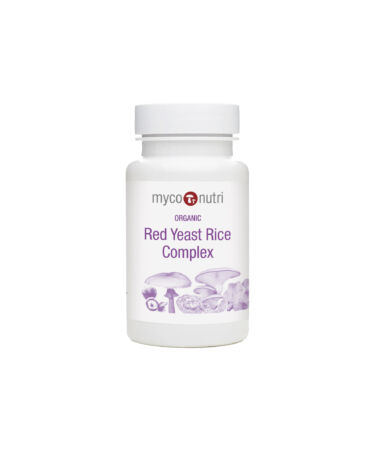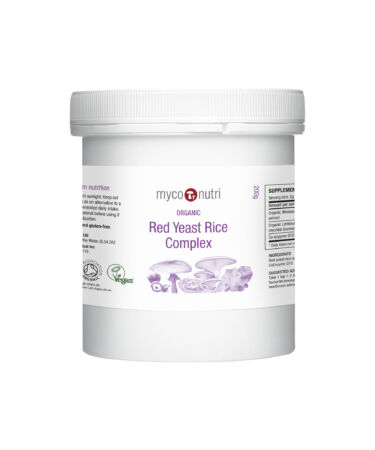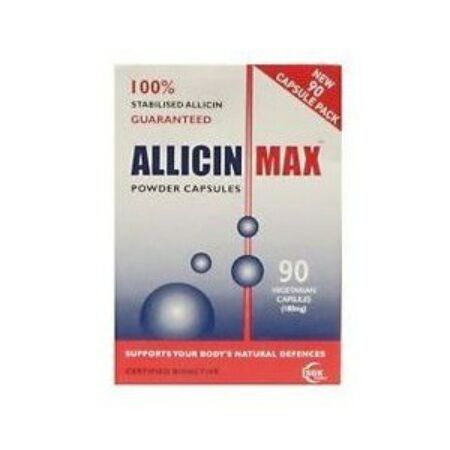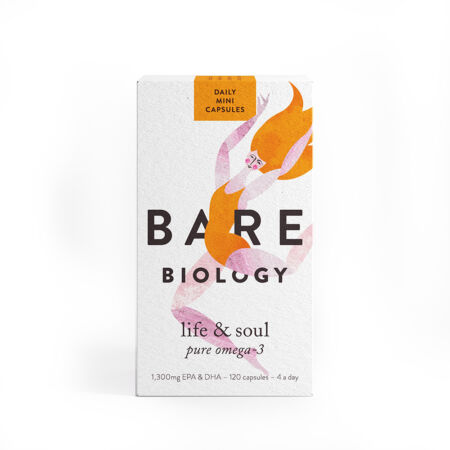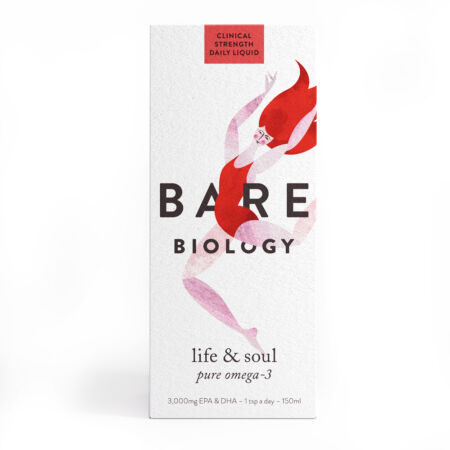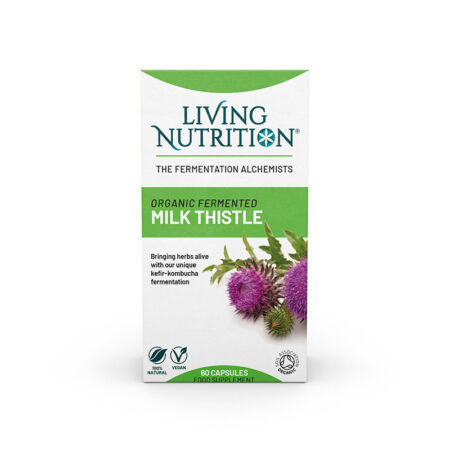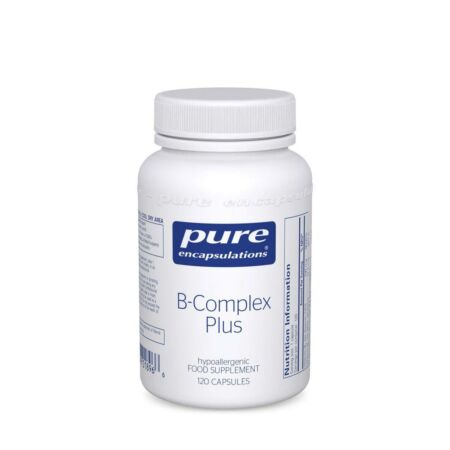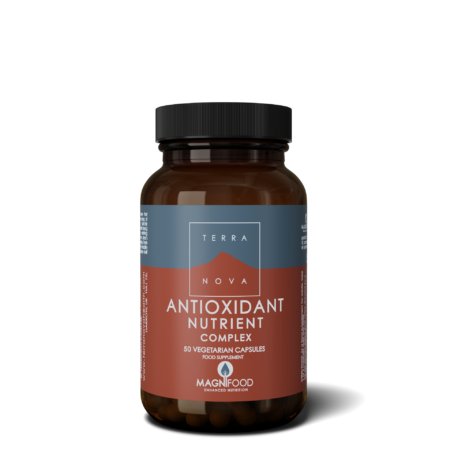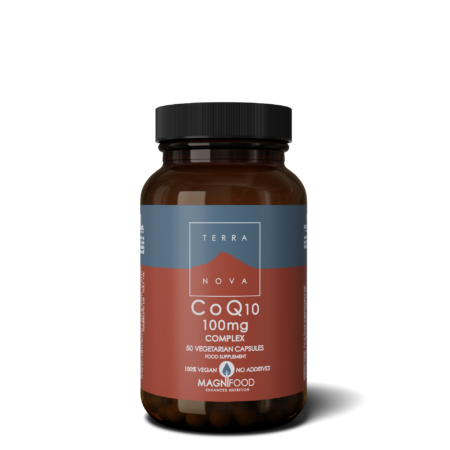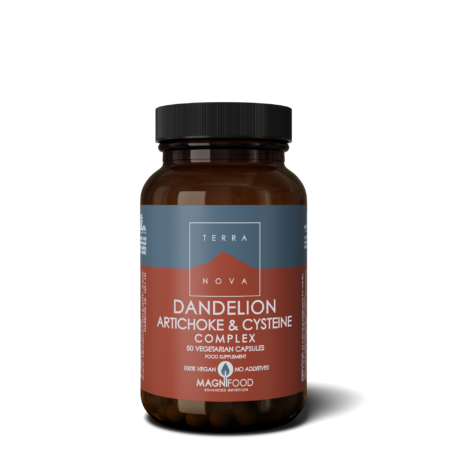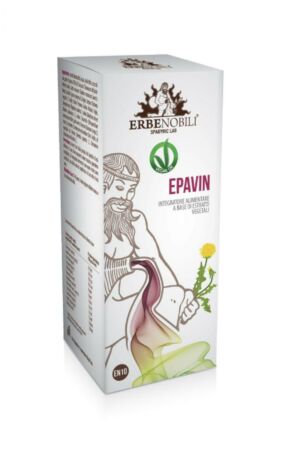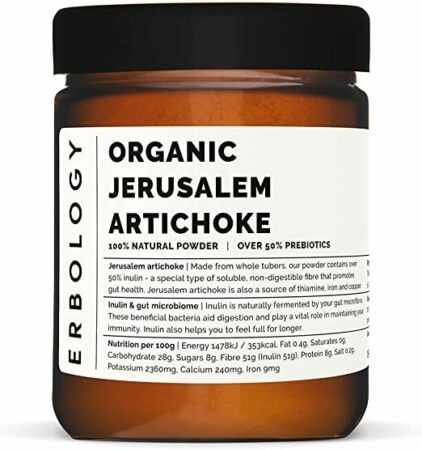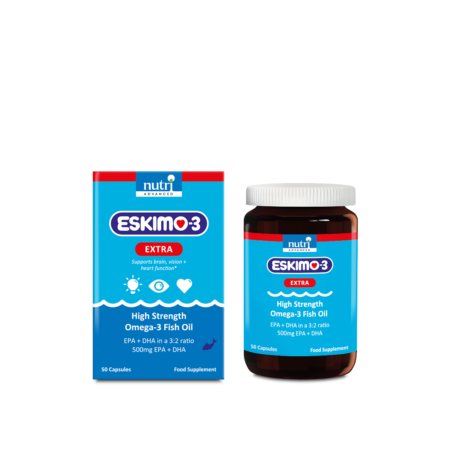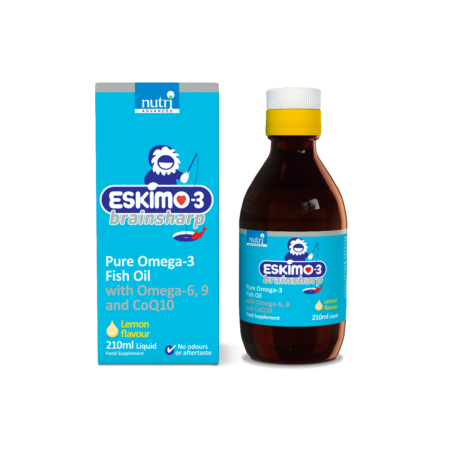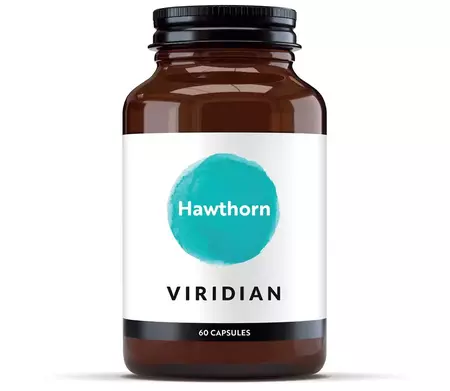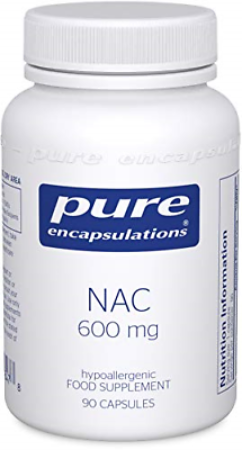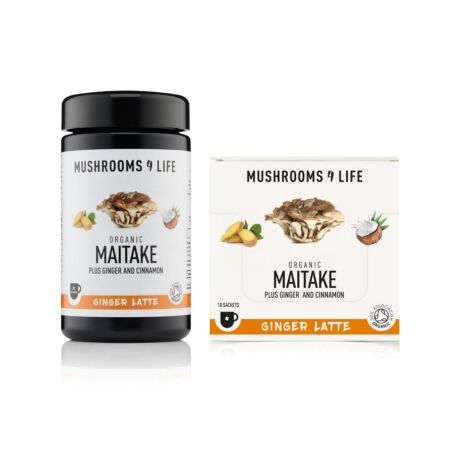Cholesterol: What is it? What to do about it and natural remedies to help improve cholesterol readings. Our team are experts in Nutritional Therapy and foods to support healthy cholesterol levels.
What is cholesterol?
Cholesterol is a fatty substance which is produced by every cell in the body, with the majority being produced in the liver. Cholesterol can also be introduced through the digestion of dietary fat and any other macronutrient such as protein, carbohydrates and alcohol.
What does cholesterol do in the body?
Within the cell, cholesterol has several vital functions such as:
Contributes to the structural makeup of the cell membrane, cellular function and fluidity
Functions as a precursor in the synthesis of vitamin D
Crucial for the manufacturing of adrenal and sex hormones such as cortisol, oestrogen and testosterone
Required for the synthesis of bile acids for the digestion of fats and absorption of fat-soluble vitamins such as vitamins A, D, E, & K
Whilst cholesterol is crucial for many health functions, it is important to keep levels in the bloodstream within the appropriate range. Too much cholesterol can be harmful and increase the risk of cardiovascular disease. This is especially important for LDL cholesterol, as high levels may increase the risk of premature atherosclerotic cardiovascular diseases. Although an important note to keep in mind is that even though there is a strong link between LDL and cardiovascular risk, LDL is not necessarily the cause. High cholesterol is often a symptom of other issues such as high insulin, insulin resistance, excess calories, high triglycerides, stress, a sedentary lifestyle, medications and hypothyroidism. Even though atherosclerotic changes are worsened by cholesterol, the underlying oxidative stress and triggers are crucial to be addressed too.
Insulin resistance is especially important as insulin levels can increase the enzyme that produces LDL. It may also result in the oxidation of LDL in our blood vessels which can cause further harm to the cellular membrane making it more permeable (more open) to allow for substances such as cholesterol to pass through and cause damage. It is also thought that as LDL cholesterol rises, the antioxidant availability is outpaced by the amount of cholesterol in the cell, resulting in further oxidative damage. This is where antioxidants are extremely important to protect the cells and mop up excess LDL.
Cholesterol is a fat-soluble substance which requires transportation through the blood in the form of lipoproteins such as HDL & LDL. Lipoproteins are made up of a lipid (fat) core of cholesterol and triglycerides, and a water-dissolving outer membrane which means they can move around the body and be transported to the cells that need them.
LDL particles are thought to act as a major transporter of cholesterol, with at least 2 thirds of circulating cholesterol residing in LDL. However, HDL molecules are thought to collect the excess cholesterol and return it to the liver. It is only the liver that can then dispose of cholesterol through bile, meaning that all cholesterol must be transported back to the liver using HDL lipoproteins as its taxi.
Cholesterol testing
Several types of lipoproteins travel through the blood, all with different purposes.
A typical lipid panel will include total cholesterol, triglycerides, HDL, LDL, non-LDL and total ratio, where these values will be used to screen patients for abnormalities. It will be this information that can provide the percentage of the risk for cardiovascular disease and stroke.
The problem seems to lie with LDL, with high levels being one of the major risk factors contributing to the formation of plaque in the arteries (atherosclerotic plaques). These plaques can then further lead to coronary artery disease, peripheral disease and stroke.
The process of plaques developing begins with endothelial damage. The endothelium is a thin membrane that lines the inside of the heart and blood vessels. Endothelial cells release a substance that controls vascular relaxation and contraction, as well as control of blood clotting. When the endothelial cells are damaged, they begin to dysfunctional and the increasing levels of LDL particles can easily pass through the vascular wall where they get trapped, and modified and cause oxidative damage and inflammation.
In the box below we have explained what each marker represents.
| | | |
|---|
| Marker | Function | Optimal Reading | Acceptable Reading |
| Total Cholesterol | This shows the overall cholesterol in the blood, including the “good” and the “bad” cholesterol. | ≤4.2mmol/L | ≤5mmol/L |
| Fasting Triglycerides | Main lipid component of dietary fat. When we eat, our body converts excess calories into triglycerides. These are stored in the fat cells and are later released for energy. | ≤1.7mmol/L | ≤2mmol/L |
| HDL (High-density Lipoprotein) | Often referred to as the “good” choleserol. HDL transports excess cholesterol from the rest of the body to the liver for elimination. Studies have shown high levels of HDL are associated with decreased risk of CVD. | ≥1.6mmol/L | ≥1.2mmol/L |
| LDL (Low-density Lipoprotein) | Often referred to as the “bad” cholesterol. LDL transports cholesterol from the liver to the rest of the body and deposits cholesterol into the arteries. Cells have LDL receptors that allow for cholesterol to be absorbed into the cell, potentially resulting in excess LDL in the arteries. | ≤2.1mmol/L | ≤3mmol/L |
| non-HDL | This is the total cholesterol minus the HDL cholesterol, leaving with just the less favourable lipoproteins such as LDL, VLDL & IDL. Testing was recently adapted to include non-HDL as this is thought to be a better CVD risk factor than just LDL alone. | ≤3.37mmol/L | ≤4mmol/L |
| TC/HDL Ratio: | This is the ratio of HDL compared to the total cholesterol. This is extremely important, even if total cholesterol is within range. | ≤3.2 | <3.4-4.5 |
Dietary support for healthy cholesterol
Reduce saturated fats:
Studies have shown significant improvement in cholesterol readings by reducing saturated and trans fats. It is thought the more dramatic the result, the more saturated fats were reduced.
This includes dairy such as butter and cheese, processed foods including cakes, pastries, biscuits, pre-packaged foods, vegetable oils, palm oil and coconut oil in high amounts. White bread and processed carbohydrates are also thought to reduce the amount of HDL cholesterol being
produced. Reducing saturated fats will ultimately reduce sugar too, which is crucial as excess sugar which is not burnt for energy will be converted to fat and LDL levels may rise.
Eggs are an interesting one as for many years we have been told to avoid eggs due to the amount of cholesterol they contain. This isn’t necessarily untrue, as eggs do contain cholesterol, but they also contain a vital mineral choline that is thought to help break down cholesterol. Many studies have suggested eggs are fine in moderation, like everything, except for fried eggs which are thought to cause oxidative damage. So, instead of removing eggs completely focus more on boiled and poached.
Overall, as a rule of thumb, no more than 7-10% of the diet should be made up of saturated fats, and ideally no trans fats at all.
Increase healthy fats:
Increasing healthy fats such as omega 3 has been shown to improve the consistency of the blood which reduces the risk of coronary heart disease. This is believed to be down to the high levels of EPA. Omega 3 is found in the highest amounts in oily fish such as salmon, mackerel, herring, anchovies and sardines. It is also found in some plant-based options such as chia seeds, flaxseeds, hemp seeds and walnuts. In particular, flaxseed, which studies have shown at 14-40g a day to have benefits including reducing LDL, increasing HDL and reducing oxidation. Some other fats such as olive oil are highly anti-inflammatory due to the high content of oleocanthal which acts as a natural anti-inflammatory that has a potency and profile similar to that of ibuprofen.
Another easy addition to the diet is sesame seeds. Studies have shown that adding just 40g a day to your diet has benefits in reducing intestinal absorption of cholesterol and reducing LDL. This is similar for nuts too, with 20-40g a day of almonds showing benefits on all cholesterol readings.
Liver support:
Since a good percentage of cholesterol is produced in the liver, it’s not a surprise that optimal liver function is important for healthy cholesterol levels. Those who drink alcohol are thought to have higher levels of cholesterol, this is due to the effect alcohol has on the liver, but also due to the sugar content from alcohol that can increase the risk of cholesterol (LDL in particular) being oxidised. Plus, as we age our liver function tends to decrease, and more cholesterol tends to oxidise. This is why we often see men and women of a certain age being recommended statins. Great options for supporting the liver include dandelion tea and green tea, both support bile production and are thought to reduce LDL levels. Other options that can be easily added to the diet include artichokes, celeriac, kale, fennel and cruciferous vegetables.
Increase fibre:
Increasing fibre is thought to reduce cholesterol by lowering the amount of LDL that is absorbed into the bloodstream. Fermented foods are a great option as they support the digestive system by increasing both probiotic and prebiotic levels. This includes sauerkraut, kimchi, and fermented soy product such as tempeh, natto, miso and soya lecithin granules. Aside from providing bacterial support, fermented soy products have also been studied for their benefit in increasing the absorption of cholesterol through the high content of fibre and isoflavones. Increasing these great plant proteins to 50g a day may help to increase HDL and reduce LDL. Fibre-rich food also tends to be high in plant stannous and sterols, which have been recognised for years as beneficial for cholesterol by reducing the absorption of cholesterol, increasing bile secretions and also providing great anti-inflammatory and antioxidant benefits. Some of the best options for daily fibre intake include beans, legumes and lentils which also contain inositol to support blood glucose, stewed apples, oats, raw unpeeled carrots, buckwheat and pretty much all unprocessed fruit and vegetables.
Up the ante on antioxidants:
As LDL cholesterol levels rise, the antioxidant availability is outpaced by the amount of cholesterol. So, what can we do? Increase those antioxidants by tenfold to reduce oxidative damage and the risk of LDL oxidising. There are many ways of increasing antioxidants, and lots of the food that we already eat will contain good levels of antioxidants. Such as oily fish, olive oils, nuts and seeds and all the food mentioned above. Pomegranate juice has been studied in particular with cholesterol. Such a fantastic fruit that has many benefits but especially when looking to improve HDL function and reduce oxLDL (oxidation of LDL). Studies have shown just 250ml a day of pure juice can support the benefits, or 1-2 cups of the seeds that can be eaten alone, added to porridge or topped on salads. Vitamin C is also important with studies suggesting just 500mg a day may reduce LDL, triglycerides and total cholesterol levels. This could be done through supplementation, or foods such as lemons, kiwis, berries, other citrus fruit, broccoli, peppers etc. Other great antioxidants include flaxseeds, green tea, kelp, honey, dates, red grapes, onions, turmeric, garlic and so much more. Anything lovely, bright and colourful will have great antioxidants, as will dark reds, greens and purple foods. Another fantastic antioxidant which has been thought to alter all cholesterol readings quite significantly is citrus bergamia, also known as bergamot. This is a fruit rich in liposomes that is native to Italy. It is generally quite hard to get and is thought to be too sour to eat alone. But if there was a way of sourcing this fabulous fruit, it would be a great addition. There are some supplement options but the quality is very important so be aware of that.
Supplements recommendations for healthy cholesterol
Why are antioxidants in supplements important?
Oxidative stress can have an adverse effect on human health. The ability of free radicals to structurally modify the cells, gene expression and protein production has led to the implication of their involvement in cardiovascular disease and many other pathological conditions. Antioxidants are best when coming from food as they contain all the different compounds needed to boost the potency and ensure they don’t become pro-oxidants. However, some antioxidants are great in supplement form, especially when combined with other antioxidants to get the best effect.
Terranova Antioxidant Nutrient Complex
A fantastic combination of antioxidants including green tea, pomegranate, vitamin E, vitamin C, L-glutathione, alpha lipoid acid and many more. Vitamin E is also an important antioxidant in preventing LDL from oxidising in the cell. This is quite crucial when dealing with high levels of LDL and is also thought to significantly reduce the risk of atherosclerosis. Combining vitamin E with vitamin C is thought to support these benefits, as high-dose vitamin E can become pro-oxidant if not taken carefully.
Pure Encapsulations NAC
NAC is the precursor to our master antioxidant glutathione and has been studied for its benefits in regulating cholesterol levels. This is especially helpful when combined with resveratrol, the antioxidant found in grapes, red onions and red wine. Glutathione provides support for the liver too, which as mentioned previously is crucial for managing cholesterol levels.
Terranova CoQ10 100mg
CoQ10 is also a very important antioxidant to support heart health. This is especially important if already taking statin medication as statins can block the production of CoQ10 quite significantly. In this situation, it would be best to speak to a professional if you are already taking statins as they will suggest a dose to match your medication.
Bare Biology Omega 3 Fish Oil
As we have already mentioned, omega 3 is crucial for balancing cholesterol levels. Obtaining as much as you can through the diet is important, however, it has shown that 3g of pure omega-3 oil has significantly improved cholesterol readings such as reducing triglycerides, increasing HDL and reducing LDL. 3g a day is a therapeutic dose, and the Bare Biology Fish Oil Liquid has exactly that.
Myconutri Red Yeast Rice Extract
One of the most commonly used supplements for cholesterol, with great clinical studies to back it up. A dose of around 2400-4800mg daily is thought to act as a natural statin. Again, the quality of supplements is extremely important to reduce any mycotoxins and ensure purity. Red yeast works on the same pathway as statins to reduce cholesterol production, this means similar caution should be taken with CoQ10 as the risk of reducing production is also there with this supplement. However, many good supplements will contain some CoQ10 to support this.
Pure Encapsulations B Complex
Homocysteine is a toxic amino acid that is produced during the metabolism of proteins and plays an important role in cardiovascular health. The problem with homocysteine is that it can cause damage to the artery walls allowing LDL to stick to them. This results in a cascade of events that can lead to heart attacks or strokes. A great way to manage homocysteine is to include a full-spectrum B vitamin to reduce the risk of cholesterol oxidising and forming plaques in the arteries. There have been some studies showing Niacin (B3) to reduce overall cholesterol levels, however, this is generally in quite high doses and I would recommend talking to a practitioner first.
Allicin Max Garlic
Garlic is fantastic through both food and supplementation. Through food, garlic is thought to improve the consistency of the blood to reduce the risk of coronary heart disease. Garlic is often a staple in many diets and is best when not heavily cooked so the allicin is still present. In supplementation, studies have shown allicin to decrease LDL and triglycerides and increase HDL. Although, not all studies have shown such benefits, with some showing no improvement at all. There are still many other benefits of garlic that can support cholesterol such as managing blood glucose levels, decreasing plaque progression, and potentially inhibiting fats into the artery walls.
Exercise and cholesterol, what's the connection?
Studies have shown those who are overweight are generally at higher risk of increased cholesterol readings. This is mostly due to the increase in sugary and fatty foods. Moderate exercise of 2.5 hours a week, or 30 minutes 5 days a week, has been proven to reduce LDL and increase HDL. Exercise alongside other lifestyle changes such as the above change in diet, specific supplementation plan and smoking cessation have shown to be favourable in reducing cholesterol.



